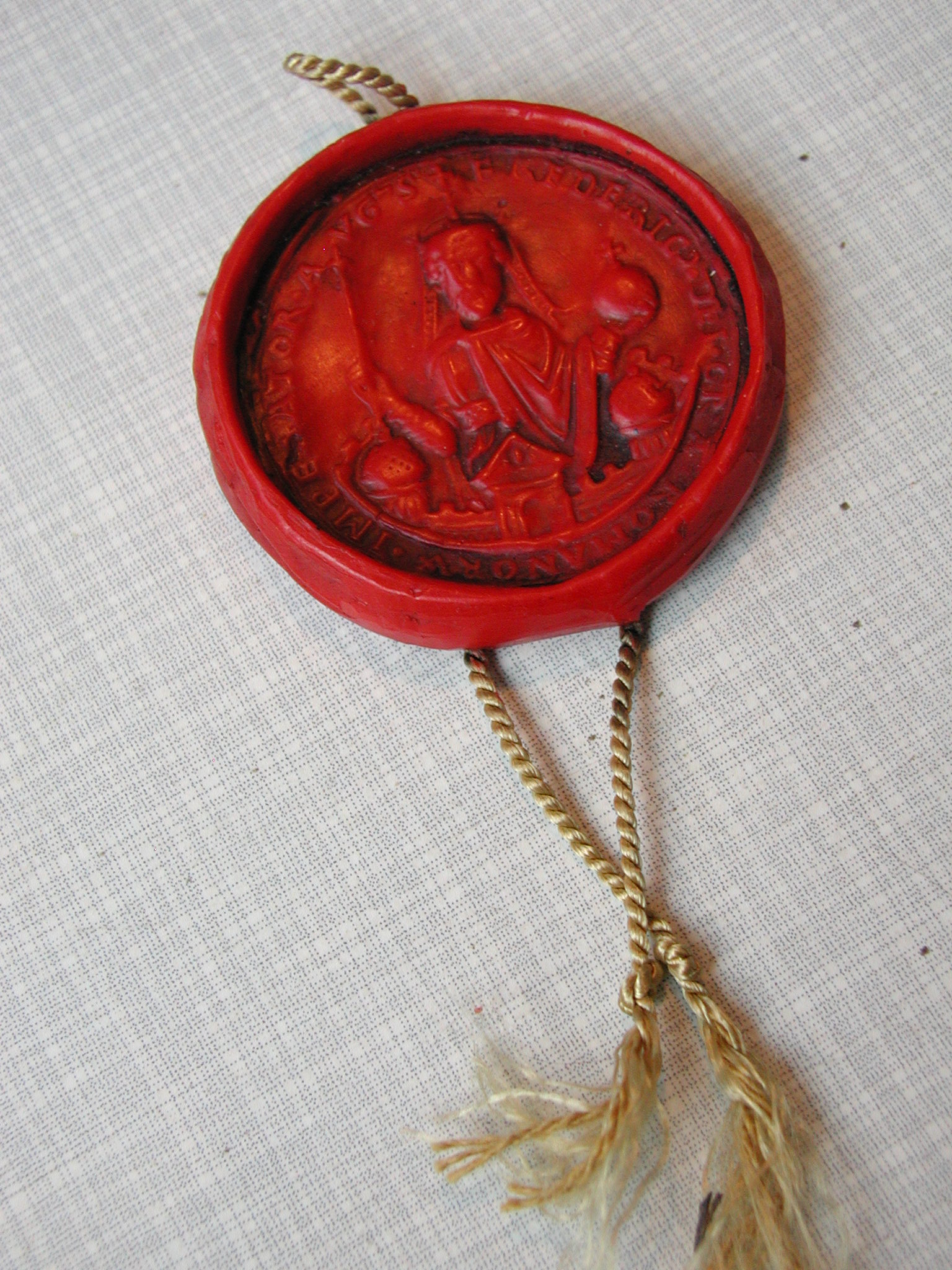Authentica Habita on:
[Wikipedia]
[Google]
[Amazon]
 ''Authentica habita'',"Authentica Habita."
''Authentica habita'',"Authentica Habita."
''
''
Encyclopædia Britannica
The is a general knowledge, general-knowledge English-language encyclopaedia. It has been published by Encyclopædia Britannica, Inc. since 1768, although the company has changed ownership seven times. The 2010 version of the 15th edition, ...
'', 2010. Encyclopædia Britannica Online. 20 Sep. 2010. or ''Privilegium Scholasticum'', was a document written in c. 1155 by the Emperor Frederick I Barbarossa
Frederick Barbarossa (December 1122 – 10 June 1190), also known as Frederick I (; ), was the Holy Roman Emperor from 1155 until his death in 1190. He was elected King of Germany in Frankfurt am Main, Frankfurt on 4 March 1152 and crowned in Aa ...
. In it, he set out for the first time some of the rules, rights and privileges of students and scholars. It is an important precursor to the formation of medieval universities
A medieval university was a Corporation#History, corporation organized during the Middle Ages for the purposes of higher education. The first Western European institutions generally considered to be University, universities were established in p ...
in Europe.
Scholars from all over Europe had begun to travel to Bologna
Bologna ( , , ; ; ) is the capital and largest city of the Emilia-Romagna region in northern Italy. It is the List of cities in Italy, seventh most populous city in Italy, with about 400,000 inhabitants and 150 different nationalities. Its M ...
to study civil and canon law, and newly rediscovered works of Roman law, from the mid-11th century. As foreigners there, they found themselves without legal protection. A particular difficulty was the practice of the Right of Reprisal, where their property could be seized on foot of debts incurred by their countrymen.
The document grants several rights and protections to scholars including:
# Similar immunities and freedoms as those held by the clergy, provided they conformed to certain attributes, such as clerical dress;
# Freedom of movement and travel for the purposes of study;
# Immunity from the right of reprisal; and
# The right to be tried by their masters, or the Bishops court, rather than local civil courts.
The document was subsequently confirmed by Pope Alexander III
Pope Alexander III (c. 1100/1105 – 30 August 1181), born Roland (), was head of the Catholic Church and ruler of the Papal States from 7 September 1159 until his death in 1181.
A native of Siena, Alexander became pope after a Papal election, ...
. The emperor incorporated the document into Justinian's Codex, the extant body of Roman law, indicating its significance.
One medieval commentary to the document exists, written by Bartolomeo Bolognini in 1492. See also Pearl Kibre's "Scholarly privileges in the Middle Ages".
References
See also
*Benefit of clergy
In English law, the benefit of clergy ( Law Latin: ''privilegium clericale'') was originally a provision by which clergymen accused of a crime could claim that they were outside the jurisdiction of the secular courts and be tried instead in an ec ...
* University of Paris strike of 1229
* Clerici vagantes
* Academic mobility
Academic mobility refers to students and researchers in higher education moving to another institution inside or outside of their own country to study or teach for a limited time.
The Bologna process regulates academic mobility within European ...
{{DEFAULTSORT:Authentica Habita
Medieval European education
1155 works